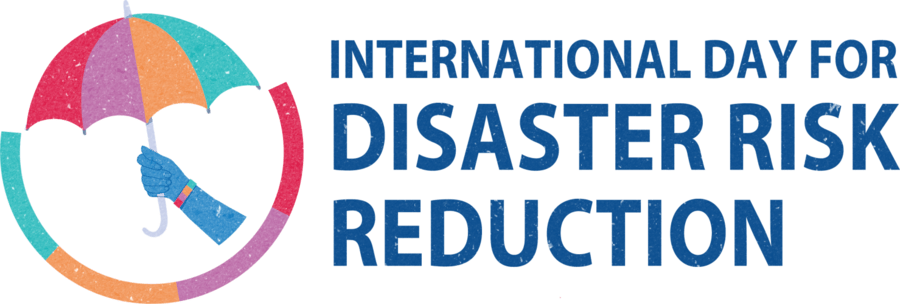United Nations Development Coordination Office
Explore further
The United Nations Development Coordination Office (DCO) serves as the secretariat for the UN Sustainable Development Group (UNSDG)–34 agencies, funds and programmes working on development–at the regional and global levels.
At the regional level, five UN Development Coordination Office Regional Directors and their teams in Panama, Addis Ababa, Amman, Istanbul and Bangkok provide Resident Coordinators with regional-specific support, with a secretariat role for the UN Sustainable Development Group.
At the global level the UN SDG is chaired by the Deputy Secretary-General. The Vice-Chair is the UN Development Programme (UNDP) Administrator.
- The Resident Coordinator system: coordinated and managed by the Development Coordination Office, a UN Secretariat entity as of 1 January 2019.
- DCO provides substantive guidance and support to resident coordinators and United Nations country teams, in addition to daily backstopping to resident coordinator offices on the ground.
- DCO also provides troubleshooting, quality assurance and dispute resolution services in close cooperation with the relevant regional teams of the UN Sustainable Development Group.
- DCO provides substantive guidance and support to resident coordinators and United Nations country teams, in addition to daily backstopping to resident coordinator offices on the ground.
- DCO and the UNSDG - DCO provides managerial and oversight functions for resident coordinators. Its activities are advanced through collective ownership by the UNSDG. The Office acts as a key conduit for supporting the UN’s activities for sustainable development, which inform policy, programme and operations on the ground.
The Sendai Framework Voluntary Commitments (SFVC) online platform allows stakeholders to inform the public about their work on DRR. The SFVC online platform is a useful toolto know who is doing what and where for the implementation of the Sendai Framework, which could foster potential collaboration among stakeholders. All stakeholders (private sector, civil society organizations, academia, media, local governments, etc.) working on DRR can submit their commitments and report on their progress and deliverables.
